Saudi Arabia puts more dissidents behind bars amid widening crackdown
Saudi Arabian officials have placed at least eight people, mostly intellectuals and writers, behind bars, as a crackdown led by Crown Prince Mohammed bin Salman against pro-democracy campaigners, Muslim preachers and intellectuals widens in the ultra-conservative kingdom.
The London-based Saudi rights group ALQST, citing two sources speaking on condition of anonymity for fear of reprisal, reported on Monday that they were taken from their homes in the capital Riyadh and the Red Sea port city of Jeddah last week by plainclothes police, but no reason was given for the arrests.
ALQST has learned that the #Saudi authorities have carried out new arrests of journalists, writers and activists, both women and men, in recent days.
— ALQST for Human Rights (@ALQST_En) November 25, 2019
They have also stepped up their torture, sexual harassment & abuse of existing prisoners of conscience.https://t.co/bEMKdyHTBA https://t.co/1UIMQdrLSG pic.twitter.com/aGYxop406A
The group identified the detainees as Abdulaziz al-Hais, Sulaiman al-Saikhan al-Nasser, Wa’ad al-Muhaya, Musab Fuad, Fuad al-Farhan, Abdulmajid al-Buluwi, Abdulrahman al-Shehri and Bader al-Rashed.
Meanwhile, the Prisoners of Conscience, an independent non-governmental organization advocating human rights in Saudi Arabia, announced in a post on its official Twitter page that the number of arrested dissidents stands at over 8 people, including women.
🔴 عاجل
— معتقلي الرأي (@m3takl) November 25, 2019
تأكد لنا أن عدد المعتقلين من الأكاديميين والمثقفين ضمن حملة #اعتقالات_نوفمبر تجاوز 8 أشخاص، ومن بينهم نساء.
وسننشر لكم بقية الأسماء فور التأكد من خبر اعتقالهم.
The Saudi government has offered no immediate comment yet.
Saudi Arabia has stepped up politically-motivated arrests, prosecution and conviction of peaceful dissident writers and human rights campaigners.
Saudi officials have also intensified crackdown in the country's Shia-populated Eastern Province.
Eastern Province has been the scene of peaceful demonstrations since February 2011. Protesters have been demanding reforms, freedom of expression, the release of political prisoners, and an end to economic and religious discrimination against the oil-rich region.
The protests have been met with a heavy-handed crackdown by the regime, with regime forces increasing security measures across the province.
Over the past years, Riyadh has also redefined its anti-terrorism laws to target activism.
In January 2016, Saudi authorities executed Shia cleric Sheikh Nimr Baqir al-Nimr, who was an outspoken critic of the Riyadh regime. Nimr had been arrested in Qatif, Eastern Province, in 2012.
Iran Armed Forces shoot down US F-15 fighter jet near Kuwait border
IRGC, Army launch fresh waves of missile strikes against Israeli, US targets
Red Crescent Society: 555 people killed across Iran in US-Israeli onslaughts
Operational concerns delayed US-Israeli aggression against Iran for a week: Report
Iran slams Israeli attacks on Lebanon, warn UNSC’s inaction to embolden regime
Iran says has ‘no choice’ but to fight back, holds no enmity toward American people
Bahraini police assaults crowds mourning loss of Ayatollah Khamenei
Iran posed no imminent threat to US: Pentagon tells Congress


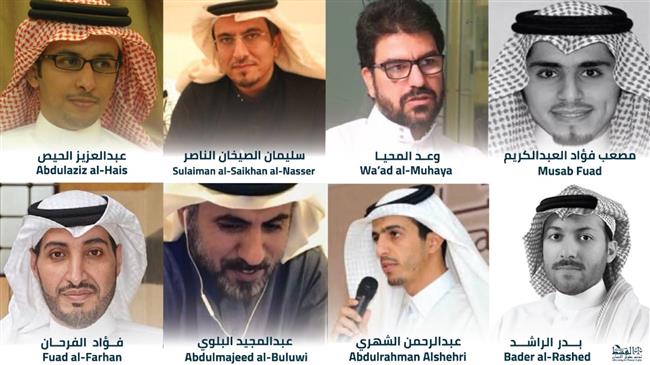



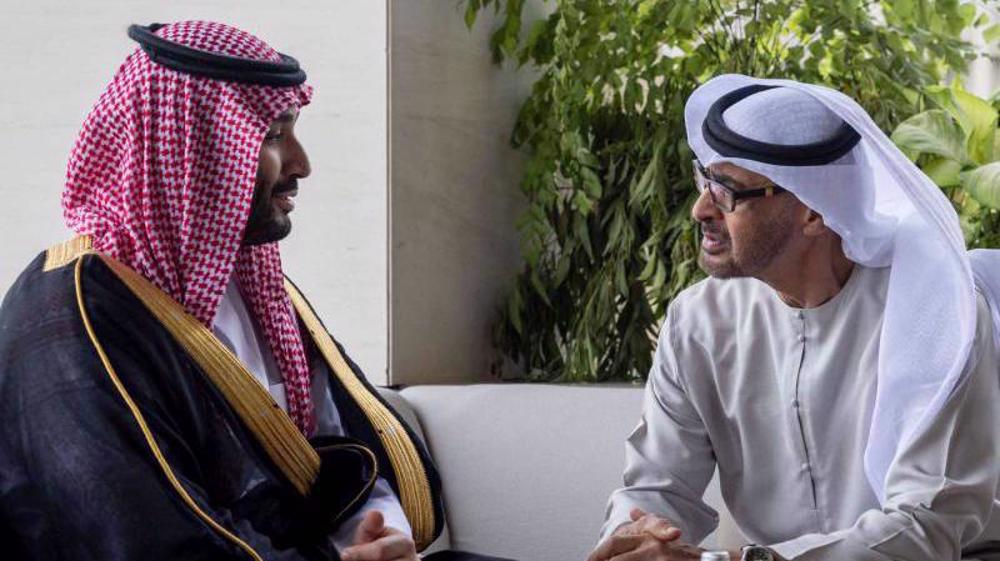
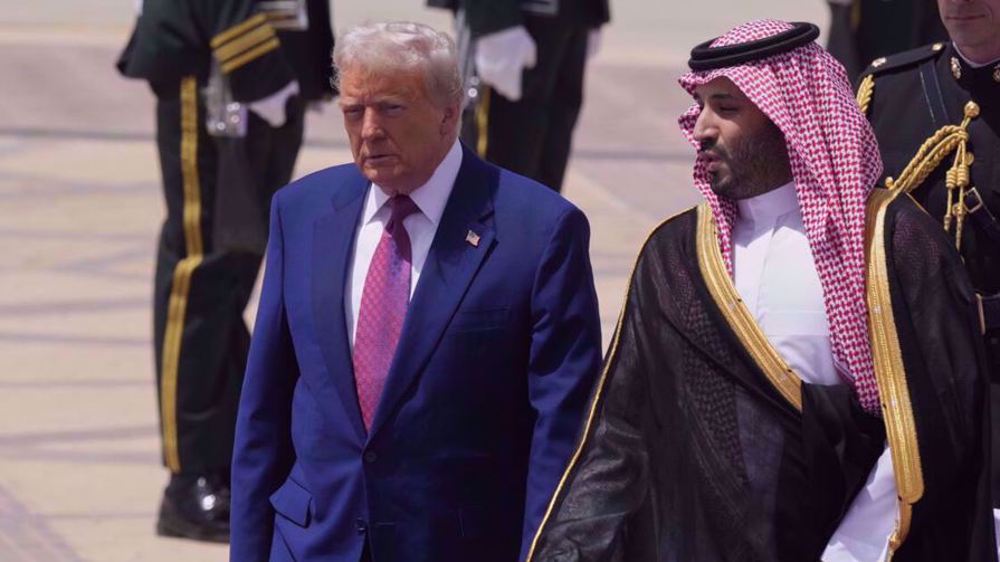
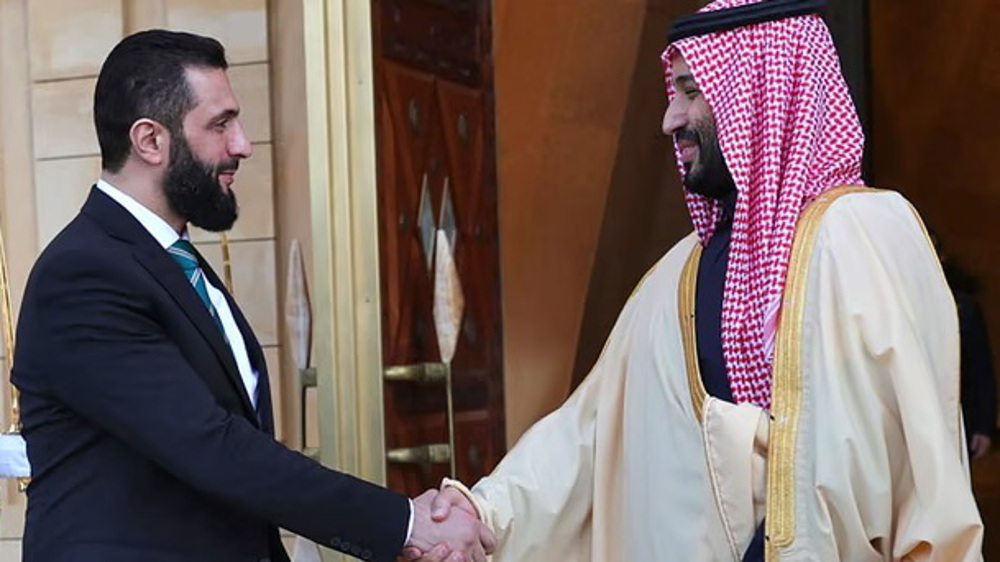



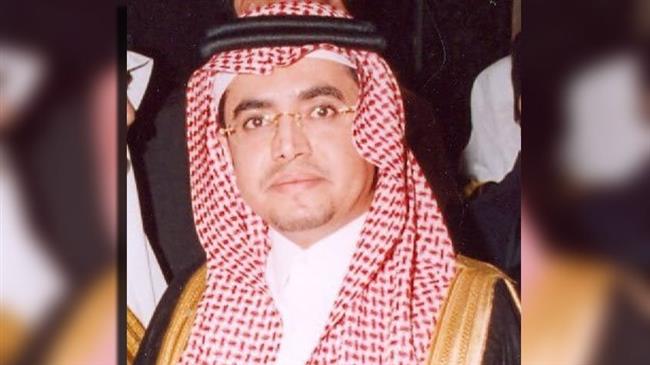
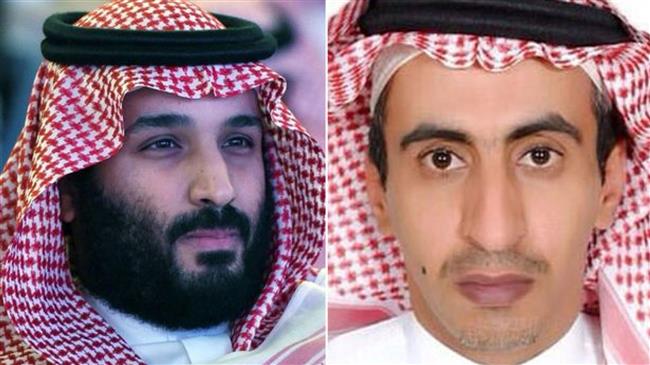
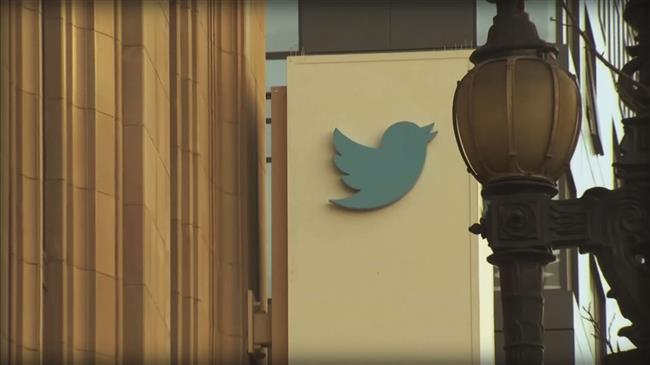
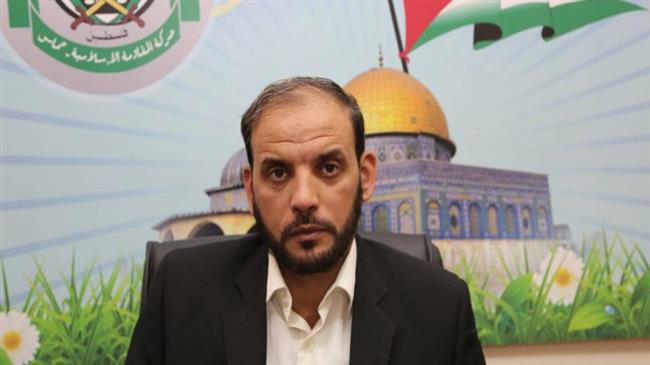

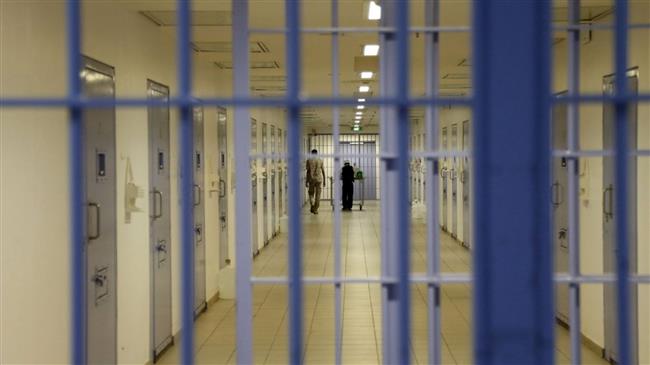

 This makes it easy to access the Press TV website
This makes it easy to access the Press TV website